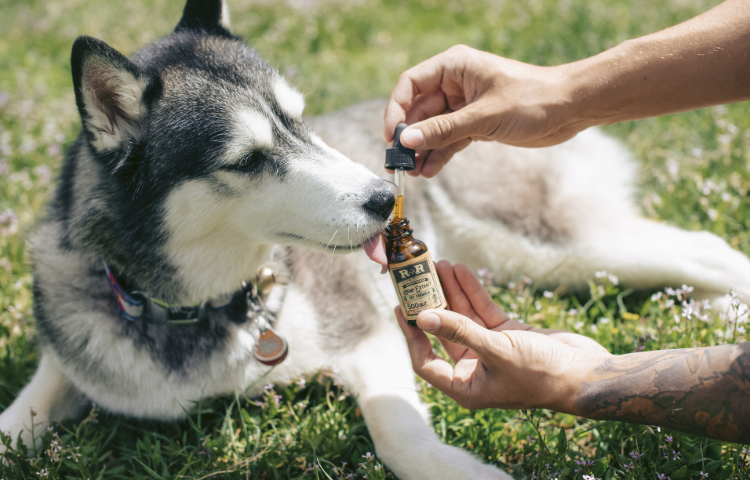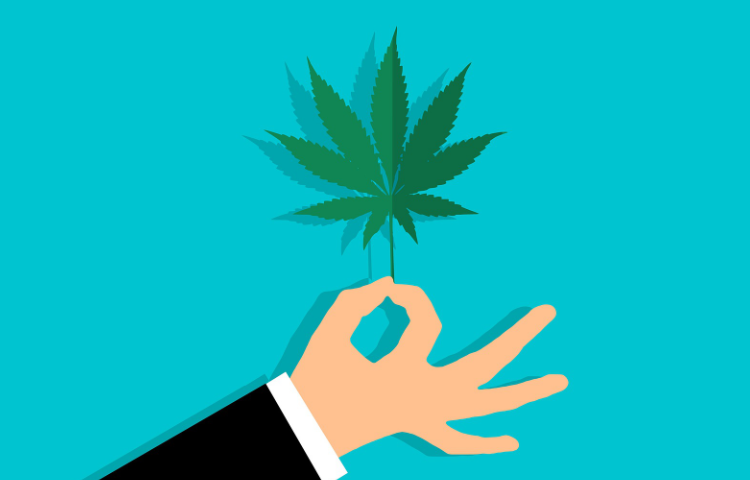There are so many options in the world of CBD products. You can literally buy CBD at a gas station, at a flea market, at a dispensary, or at a dedicated CBD store. Many have heard of the potential benefits of CBD which are wide-ranging, and the lack of the psychoactive effects that come from THC in its cousin marijuana, but how do you buy CBD?
CBD comes from the hemp plant, specifically industrial hemp, which has CBD and is low in THC (<0.3%). That is it, the FDA does not currently regulate CBD outside of one medical application and is grappling with just how to regulate it.
Meanwhile the market for CBD is growing very fast. There are medical studies that overwhelmingly point to positive impacts, lack of side effect and lack of addiction. Anecdotal evidence is overwhelmingly positive, both in numbers and in the effects of CBD. So how does one navigate this plant based compound in the market place? Because it is unregulated someone can literally put colored water in a bottle, label it CBD and no one is watching. Of course their repeat customer base would be low. So many companies are trying to cash in on the amazing benefits of CBD during this lack of regulation it is giving a bad name to CBD. People try CBD and naturally want to pay as little as possible, and are disappointed with the results because what they get is not what they thought. In fact CBD had a brief period of associate with deaths but it was determined in each case that it was sold, or portrayed, as CBD but was synthetic.
A company wanting to simply maximize profit with no other concern would not want to farm hemp and extract CBD with expensive processes, it would maximize by creating a chemical substitute in a small room, however that is not CBD. More to this is drug companies working to create an FDA approved synthetic CBD that can be patented (as they are unable to patent and naturally occurring plant) and sell it with FDA approval. So the whole scene is very Buyer Beware. Many products are third party labeled, which means someone makes the CBD and puts a label on it representing someone else, which causes challenges in tracking the quality and purity of the product. How does a buyer navigate this? Here are 7 things to look for when buying CBD.

-
- US Hemp Authority Certification. This is an industry certification that was started in the absence of governmental certification. They look at processes from harvesting all the way to the finished product to ensure acceptable practices.
- Don’t buy white label products. Some may be acceptable, but there is no way to tell. This is an increased risk. Ask the source and what company produces the CBD, if they don’t know, it is white label.
- 3rd Party Lab Testing. There is a catch here. Call the lab. Anyone can make a form that shows 3rd party lab testing, but is it legitimate?
- In house testing. How does a producer know their products is what it says? They test in house to ensure they meet standards, even if they outsource testing. Many do not have the resources to purchase the equipment to maintain that level of standards.
- Low Heat CO2 extraction. No heavy metals used, and all of the plant benefits remains. This is the best extraction process and safest.
- US Grown and processed. Yes, much of the cheap CBD oils you find are sourced overseas. Chinese sourced CBD in particular has shown high heavy metal content and questionable extraction which allows retailers to sell cheap CBD and in an unregulated environment this could be very bad for your health instead of beneficial. This also ties into the white label issue in #2 above.
- Nano-Emulsified. The other 6 items are for your health and safety. This one is for your benefit. Regular CBD oil is usually put into a carrier oil, MCT (Medium Chain Triglyceride) typically. The average particle size for CBD is above 4,000 nanometers (nm) . MCT oil (typically coconut or palm oil, butter is an MCT) is not bad for you but still does not mix with water, and your body is mostly water. Some companies have found that, and studies show, that most of that gets processed out of your body through your digestive system and liver, giving you about 8-10% absorption of a regular CBD oil. That is a lot of money to pay to simply pass it through your body and make your liver work hard. Nano-emulsification breaks the particle size down to less than 100nm. 50nm is the golden target, which your cells can’t help but absorb. A true Nano CBD is about 6-10x more absorbed (or bio-available) than a regular CBD oil. What does that mean? Well the MG of CBD on the side of the bottle don’t mean much if you can’t absorb it, what matters is what you absorb. Before you decide to grab the first bottle of nano-CBD oil you see, remember, it is unregulated, so just like the water in the bottle example, anyone can put Nano on the bottle and no one is looking.
The question to ask here is what particle size does the company target and do they have a particle analyzer to determine if they are getting the proper particle size. Sounds very Star Trek/Star Wars, but a particle analyzer shoots lasers through the product and the missing gap in the laser on the receiving end tells the analyzer how small (or large) the particles are and if they are the proper size to be considered nano. Not a machine is most companies possess and unless the company has enough CBD sales volume to warrant the machine they will not be able to have a lab with this equipment. Few companies have the resources and no white label is able to produce this level of testing to ensure their product is top-notch.

If you are excited about how little you paid for your bottle of CBD you can rest assured it is not US Hemp Authority Certified, not tested internally, not nano or not truly nano (true Nano is tested with a particle analyzer) and if it is even what it says on the bottle, most of it will pass through your intestines and liver and do little for you. If you are more unlucky it will contain heavy metals or pesticides and not only be useless, but potentially harmful to you. Use these 7 items and pick the right CBD that is certified, tested, and bio-available and you will be able to safely enjoy the incredible benefits of CBD and all it has to offer. We have found this particular CBD, from CBD American Shaman (click to learn more), to be the best CBD oil for pain, CBD oil for anxiety, CBD oil for inflammation, CBD oil for pets and so much more that meets all 7 criteria for buying safe, clean and effective CBD. American Shaman has over 700 retail stores nationwide and is based in the U.S., with organic non-GMO U.S. grown, harvested and processed CBD, has U.S. Hemp Authority Certification, has true Nano CBD products, they use low-heat CO2 extraction, has its own lab and chemists, has the testing equipment in house and uses 3rd party testing, has a particle analyzer to test the CBD particle size so you can absorb the CBD and get the benefits. You can click here to shop their online store of products ranging from CBD Oil, CBD Tinctures, CBD Gummies, CBD Topicals, CBD Beauty Products, CBD for Dogs, CBD for Cats, and more.
